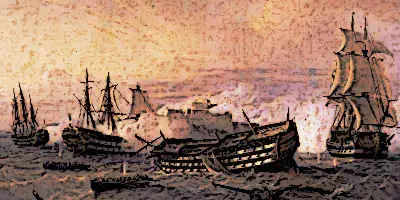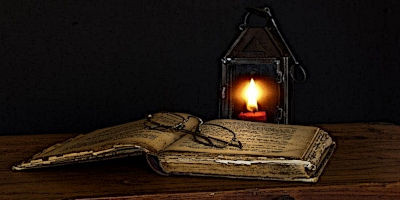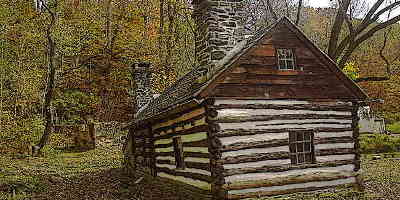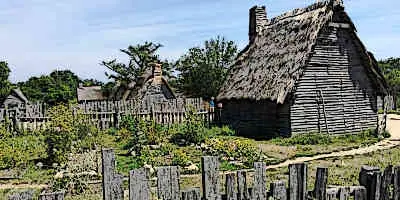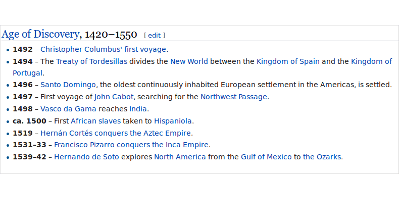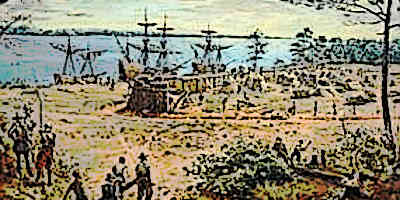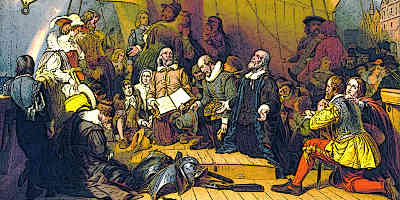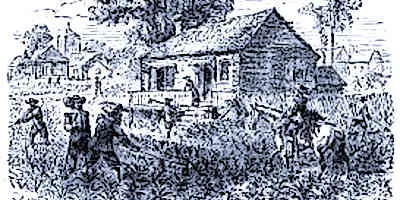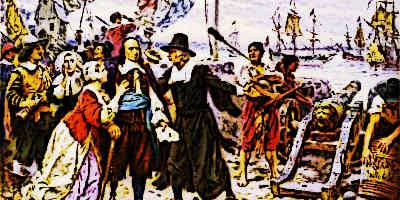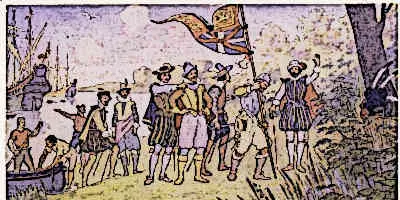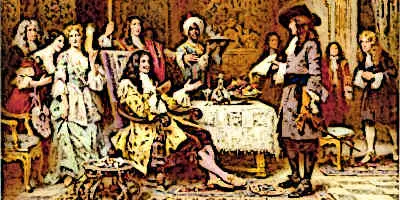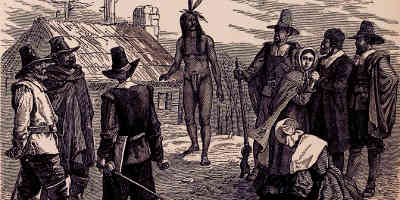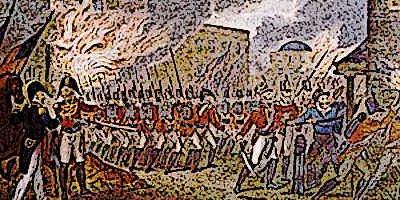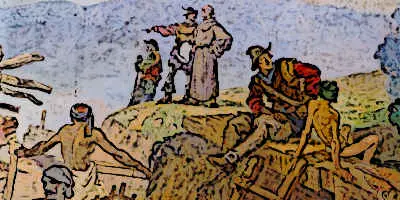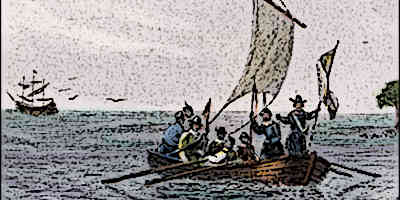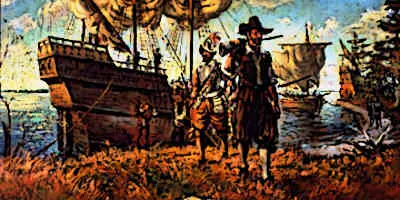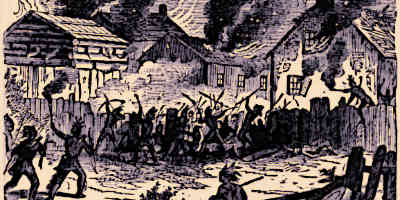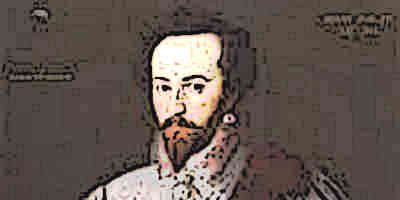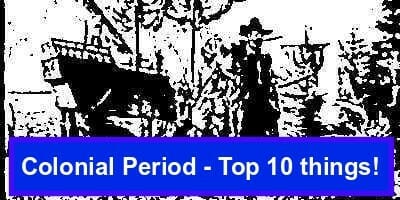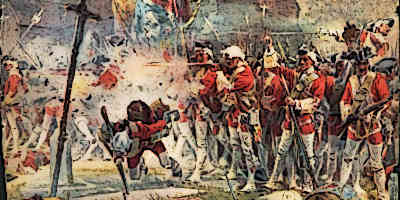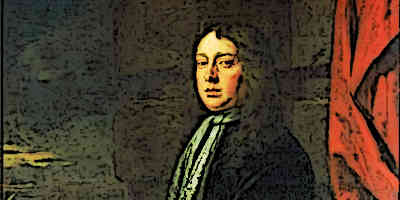British and French colonies
British and French colonists settled in North America along the east coast and Hudson Bay
Colonial America Timeline – Key Dates from 1606 to 1776
Colonial Period Timeline and Dates in the 17th Century
Colonial Homes of the 17th Century: Architecture, History, and Design
Colonial Housing - Discover Colonial Housing and Homes of the Early European Colonists!
Colonial Houses
During the colonial period of America, there were colonial houses of many different designs and styles.
Colonial Period Timeline
The Colonial Period extends from 1607 all the way to the birth of United States in 1776
Colonial Period: Top 10 Defining Events
Learn about the 'Top 10 Events' of the Colonial Period in American history
Colonies of New England
New England colonies were the colonies located towards the northern area of the Atlantic coast
Colony Life
The early settlers suffered a lot of difficulties and Colony Life was difficult
Dutch Colonization
The Dutch Republic started attempts to establish colonies in North America in early 16th century
Early Settlers
The First Settlers from England, France, Spain & Holland created colonies in North America
French Colonization
France started attempts at establishing settlements and colonies in the Americas in the 16th century
Native American Timeline: Key Events in the Colonial Era
Native Americans during the Colonial Period - Important events and wars involving Native Americans
Red Coats in Colonial Times
During the French and Indian War, a large number of redcoats arrived in the Colonies
Spanish Colonization
The Spanish possessions in the Americas were included in the Spanish Viceroyalty of New Spain
The 13 Colonies: Foundations of Early America
The Thirteen colonies were a group of colonies from Britain that settled in North America
The British Colonization of the Americas: Beginnings and Expansion
Successful British colonization of the Americas began in the early 17th century
The Colonial Wars: Conflict and Empire in Early America
Discover important wars and battles of the Colonial Period in American history
Top 10 Colonial People
Discover the most Famous people of the Early European Colonial period!
Top 10 Key Events of the Colonial Period in American History
Top 10 Things You Really Should Know about the Colonial Period and the Colonists
What was the Seven Years War?
The Seven Years War was a world war lasted from 1756 to 1763
William Penn
Sir William Penn, was an English nobleman, writer and early Quaker and Colonist
The Colonial Period: Understanding the Purpose of Colonization
The colonization of the Americas was driven by various motivations. Primarily, it aimed to exploit the region’s natural resources and boost trade with the home country. This was the main reason the Dutch and French established colonies in the Americas. For the Spanish, while trade was a key factor, they also sought to spread Catholic Christianity across the continent. The earliest British settlers, on the other hand, arrived in search of religious freedom and the opportunity to start anew in the Americas.
Table of Contents

Early Problems Faced by the Colonies
When the first European settlers and colonists arrived in the Americas, they encountered numerous challenges. The land was unfamiliar, and everything was new to them. Though they encountered Native American tribes, communication was hindered by language barriers. The indigenous peoples often viewed the settlers as invaders, leading to hostility.
The early colonists struggled with harsh weather conditions and food shortages, and many colonies faced disaster or failure due to brutal winters and insufficient supplies. Additionally, some colonies were attacked and devastated by Native American tribes. It wasn’t until after many failed attempts that a few colonies eventually succeeded and became firmly established.

French Colonization
The French colonies in the Americas came to be known as New France. French explorers started arriving on the American continent, mostly in North America, in the 17th century.
They established a number of colonies in Canada, Acadia, Newfoundland and Louisiana. Many of these colonies were deep into Native American territory.
The French were able to establish good trade ties with the Native Indians. They exchanged goods with them in return for beaver pelts and animal hides. The Fur trade was the key French colonial concern in the region.
Spanish Colonization
Spanish colonies in the Americas came to be known as New Spain. Spain was the first European power to start colonizing the Americas.
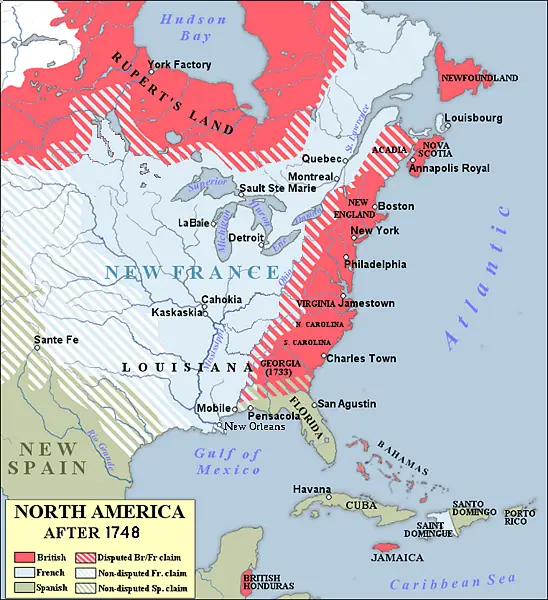
The Spanish conquered the mighty empires of the Aztec and the Inca in a matter of years. This brought them unprecedented wealth and riches.
They established their colonies in the place of these empires in Central America. From here, they started expanding northwards into North America. They successfully established colonies in the modern-day areas of Florida, California, Texas and New Mexico.
Colonial Period – British Colonization
British efforts to explore, settle and colonize the American continent began in the 17th century. The earliest British immigrants were sent by the enterprising London Virginia Company. These eventually established the colony of Virginia. They were followed by the Pilgrims who came to North America to escape religious persecution.
Through the 17th and early 18th centuries, many new British settlements sprang up along the eastern coast. Many of the settlements and colonies merged with each other to become larger entities. By the late 18th century, there were 13 large British colonies which came to be known as the Thirteen Colonies.
Expansion of European colonies
The Spanish started their colonization primarily at Central America and then started expanding northwards. The French first established their settlements in the northern regions of North America and then gradually expanded towards the Midwest. British colonies were established along the eastern coast. And they started expanding towards the west. The expansion of European colonies frequently brought them into conflict with each other.

Warfare between colonies
Warfare between different colonies was quite frequent. This was because back on the European continent, the nations were frequently at war with each other. So the European wars often extended onto the American continent as well. The colonies also fought with each other over the control of resources such as land, rivers and ports.
The Spanish colonies were primarily Catholic while the British colonies were Protestant. Their religious differences also pitted them against each other.
Unification of British Colonies During the Colonial Period
Initially, the British colonies were individual in character and each had its own administrative system. Some were established by companies, others by individuals while some were overseen by the British crown. Slowly, the colonies expanded and grew in size as well as power and wealth.
Many colonies merged with each other to become stronger and larger. In the 18th century, the British colonies made a united effort a number of times to fight off the French, Spanish and Native American threats. This inculcated a sense of shared identity among these colonies.
Later in the 18th century, the British Empire sought to assert more authority over its American colonies. This also created a sense of unity among the colonies who opposed the taxes imposed by the Empire.
American Revolution
By 1760s, the differences between the British Empire and the Thirteen Colonies had reached a head. The Empire tried to impose new taxes but the colonies would oppose them through concerted efforts.
This ultimately led to the break out of the American Revolutionary War in 1775. The war was fought between the British forces in North America and the Thirteen Colonies. Although the British were initially victorious, the colonists soon rallied under the military leadership of George Washington. By 1783, the Colonies had won the war and declared their independence as the United States.

Colonial Period – Birth of the United States
In 1776, the Thirteen Colonies which were established by British settlers and colonists declared their independence from the British crown. This marked the birth of the United States. Soon after its birth, US started expanding its territories.
The birth of United States also marked the end of the colonial period in North America. The newly born country soon expanded to most of the North America, ending French, Spanish and British colonial presence in all of North America with the exception of Canada.
Q: What is the Colonial Period in American history?
A: The Colonial Period refers to the time from the early 1600s to the mid-1700s when European powers, especially Britain, established colonies in North America.
Q: Who were the early settlers in Colonial America?
A: The early settlers included English, Spanish, French, and Dutch colonists who came to the Americas seeking land, wealth, religious freedom, and new opportunities.
Q: What were the 13 Colonies?
A: The 13 Colonies were British settlements along the Atlantic coast of North America that later formed the United States. They included colonies like Virginia, Massachusetts, and Pennsylvania.
Q: Why did European countries colonize America?
A: European nations colonized America to expand their empires, access natural resources, establish trade routes, and spread religion and culture.
Q: What impact did colonization have on Native Americans?
A: Colonization led to the displacement, decline, and cultural disruption of many Native American tribes due to warfare, disease, and forced assimilation.
Q: When did the Colonial Period end?
A: The Colonial Period effectively ended in 1776 with the Declaration of Independence, marking the beginning of the American Revolutionary War.
